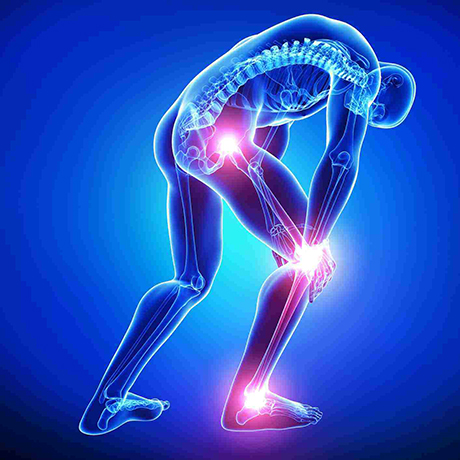Empowering Clients Through Instruction in Cardiac and Pulmonary Rehabilitation to achieve Improved Recovery plus Quality in Life.
Cardio-pulmonary rehab represents an important program designed to assist patients recover from cardiac and lung diseases. It centers on enhancing individuals' physical fitness, education, and overall health. Individuals who participate in these initiatives often undergo enhanced recovery and a better standard of life. By offering instruction customized to personal needs, cardiopulmonary rehabilitation enables individuals to assume control of their health and take knowledgeable decisions about their care and lifestyle.One crucial element of cardiopulmonary rehab is physical activity training. Exercise is vital for fortifying the cardiovascular system and lungs, which can become weakened due to disease or inactivity. Patients generally engage in supervised exercise classes that are safe and gradually increase in intensity. These sessions assist to develop endurance and improve overall physical function. As individuals grow more active, they often observe gains in their energy levels and daily tasks, such as walking, climbing stairs, and taking part in social events.
In addition to exercise, instruction plays a major role in cardiopulmonary rehabilitation. Individuals learn about their particular ailments, treatment options, and the importance of lifestyle modifications. This education helps demystify their illnesses and reduces emotions of fear or frustration. Understanding how their bodies work and the additional reading impacts of medications and therapies enables patients to make improved choices regarding their health. Knowledge about topics like nutrition, smoking quitting, and anxiety control can result to permanent modifications that promote recovery and avert future issues.
Another important component of rehabilitation is emotional assistance. Living with chronic cardiac or pulmonary ailments can be difficult and may lead to feelings of anxiety or depression. Patients are often encouraged to share their stories and Visit Website emotions in a nurturing group environment. This fellow bond can be incredibly beneficial, as it provides a sense of community. Support from medical professionals, family, and friends also plays a crucial part in the rehab process, helping to create strength and drive.
In summary, the goal of cardiopulmonary rehab is to improve recovery and boost standard of life for patients. Through tailored fitness regimens, thorough instruction, and psychological assistance, individuals are enabled to take control of their health. By actively participating in their recovery process, individuals can experience a renewed feeling of self-assurance and independence. This holistic method not only assists in physical healing but also nurtures a healthier outlook, resulting to a more fulfilling life despite the challenges of coping with cardiac or pulmonary conditions.
